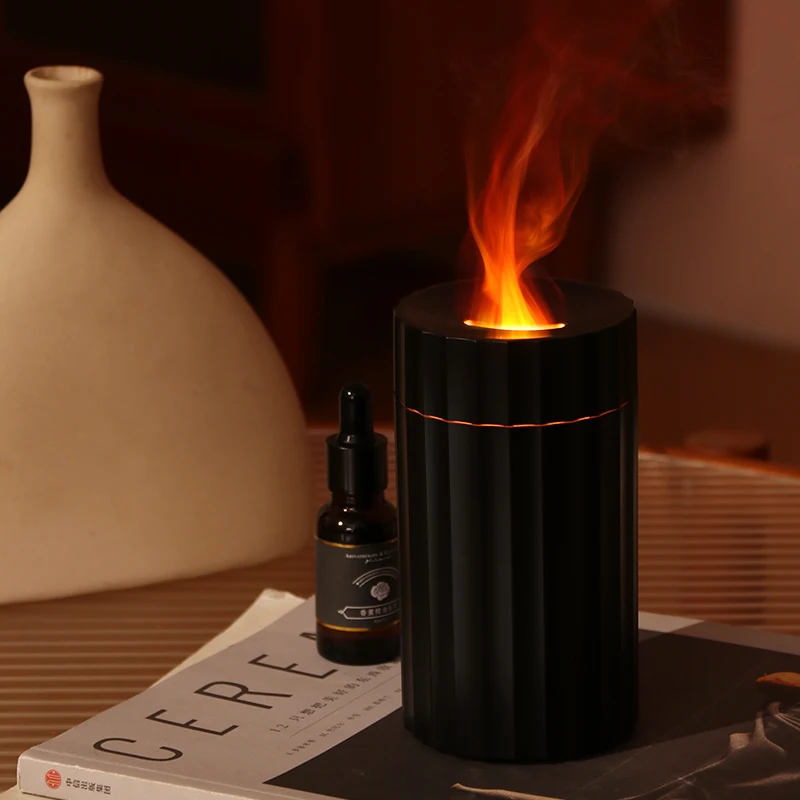The federal Centers for Medicare & Medicaid Services (CMS) has finalized a rule to clarify that marijuana products are not eligible for coverage under certain health plans for chronically ill patients because “they are illegal substances under Federal law.”
In a notice set to be published in the Federal Register next week, CMS said that a series of policy and technical changes for its Medicare Advantage (MA) program and other services, including rulemaking related to cannabis products, will now take effect on June 3.
An earlier notice about the proposed rules that the agency released in December also included a disclosure clarifying that CBD, a non-intoxicating cannabinoid, is on a list of items that cannot be covered as a supplemental benefit.
The forthcoming policy change from CMS, which is part of the U.S. Department of Health and Human Services (HHS), is meant to “codify a non-exhaustive list of non-primarily health related items or services that do not have a reasonable expectation of improving or maintaining the health of a chronically ill enrollee and therefore cannot be offered as” special supplemental benefits for the chronically ill (SSBCI).
The agency put “alcohol, tobacco, and cannabis products” on that list, which also includes funeral expenses, life insurance and hospital indemnity insurance.
“CMS has received inquiries from MA organizations about whether they are permitted to offer cannabis-based products as a supplemental benefit,” it said. “In response to these inquiries, CMS has stated that medical marijuana or derivatives, such as cannabis oil, cannot be covered by MA organizations as they are illegal substances under Federal law.”
In its earlier notice about the proposed rule, CMS had separately mentioned that CBD is in a list of items the agency has “determined not to be permissible MA supplemental benefits because they do not meet the requirement that the item or service be primarily health related.”
In 2021, HHS and the governor of California’s office looked into whether hospitals and other healthcare facilities in legal marijuana states can allow terminally ill patients to use medical cannabis without jeopardizing federal funding.
The move came in response to a request from California Sen. Ben Hueso (D), who sponsored a bill that was meant to codify that California hospitals can permit such treatment.
At the time, the senator had received a letter from CMS stating that there were no federal regulations in place that specifically addressed this issue and that it wasn’t aware of any cases where funding has been pulled because a hospital allows patients to use medical cannabis.
Meanwhile, ahead of his inauguration in January, President Donald Trump selected physician and TV personality Dr. Mehmet Oz to oversee CMS, potentially adding a pro-medical marijuana voice to the forthcoming administration.
Robert F. Kennedy Jr. has separately been confirmed to serve as secretary of HHS. Advocates are holding out hope he will move to advance major drug policy reforms he championed while running for president in the 2024 election. However, he hasn’t renewed his calls for legalizing marijuana or psychedelics that he previously endorsed since joining the Trump administration, and he’s said he will defer to the Drug Enforcement Administration (DEA) on an ongoing cannabis rescheduling proposal.
Photo courtesy of WeedPornDaily.





























